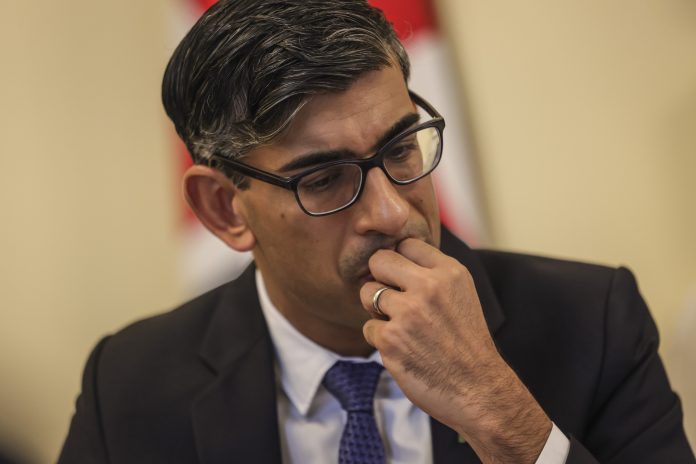The number of Nigerian students applying for undergraduate programs in the UK has witnessed a dramatic decline, falling by a staggering 46% according to official statistics released last week. This represents the largest drop among international applicants, raising concerns about its impact on both the UK’s higher education sector and potential barriers faced by Nigerian students.
Experts attribute this significant decrease to a combination of factors, with the weakening of the Nigerian naira against the pound sterling being a major contributor. This currency depreciation makes studying in the UK considerably more expensive for Nigerian families. Additionally, recent visa restrictions implemented by the UK government, which limit the ability of students to bring dependents or close family members, further deter potential applicants. Notably, Nigerian students had the highest number of dependents among international students in the UK as of September 2023.
“While we are seeing a decline in applications from mature students, which may affect specific subjects like nursing, it’s important to note that these applicants often apply later in the cycle,” remarked Dr. Jo Saxton, Chief Executive of UCAS, the UK’s university admissions service. However, she acknowledged the concerns, stating, “This data highlights the potential impact of policy changes on international student recruitment.”
The UK government’s review of the Graduate Route visa, announced in December 2023, has also sparked uncertainty. This visa currently allows international graduates to stay and gain work experience in the UK for two years after their studies. Potential still modifications to this policy could further diminish the appeal of UK universities to international students, including Nigerians.
The news comes at a time when the UK government is striving to increase international student enrolment, aiming to diversify its higher education sector and boost its economy. The significant decline from Nigeria, a traditionally-strong source of international students, raises questions about the effectiveness of current policies and their potential impact on the future of UK universities.



